Great Hatred: The Assassination of Field Marshal Sir Henry Wilson MP
£7.30£10.40 (-30%)
THE IRISH TOP 10 BESTSELLER
A gripping investigation into one of Irish history’s greatest mysteries, Great Hatred reveals the true story behind one of the most significant political assassinations to ever have been committed on British soil.
‘Heart-stopping . . . The book is both forensic and a page-turner, and ultimately deeply tragic, for Ireland as much as for the murder victim.’
MICHAEL PORTILLO
‘Gripping from start to finish. McGreevy turns a forensic mind to a political assassination that changed the course of history, uncovering a trove of unseen evidence in the process.’
ANITA ANAND, author of The Patient Assassin
‘Invaluable.’ IRISH TIMES
‘Intelligent and insightful.’ IRISH INDEPENDENT
On 22 June 1922, Sir Henry Wilson – the former head of the British army and one of those credited with winning the First World War – was shot and killed by two veterans of that war turned IRA members in what was the most significant political murder to have taken place on British soil for more than a century. His assassins were well-educated and pious men. One had lost a leg during the Battle of Passchendaele. Shocking British society to the core, the shooting caused consternation in the government and almost restarted the conflict between Britain and Ireland that had ended with the Anglo-Irish Treaty just five months earlier. Wilson’s assassination triggered the Irish Civil War, which cast the darkest of shadows over the new Irish State.
Who ordered the killing? Why did two English-born Irish nationalists kill an Irish-born British imperialist? What was Wilson’s role in the Northern Ireland government and the violence which matched the intensity of the Troubles fifty years later? Why would Michael Collins, who risked his life to sign a peace treaty with Great Britain, want one of its most famous soldiers dead, and how did the Wilson assassination lead to Collins’ tragic death in an ambush two months later?
Drawing upon newly released archival material and never-before-seen documentation, Great Hatred is a revelatory work that sheds light on a moment that changed the course of Irish and British history for ever.
‘McGreevy provides more than the anatomy of a political murder; in reconstructing this era of blood, poverty and wartime trauma, he also gives full expression to the terrible forces that WB Yeats once called the “fanatic heart” and the “great hatred”.’
THE TIMES
‘Thoughtful and well-researched . . . an important and valuable addition to the library of the Irish Revolution.’
PROFESSOR DIARMAID FERRITER, University College Dublin
Read more
Additional information
| Publisher | Faber & Faber, Main edition (25 May 2023) |
|---|---|
| Language | English |
| Paperback | 480 pages |
| ISBN-10 | 0571372821 |
| ISBN-13 | 978-0571372829 |
| Dimensions | 12.9 x 2.9 x 19.81 cm |


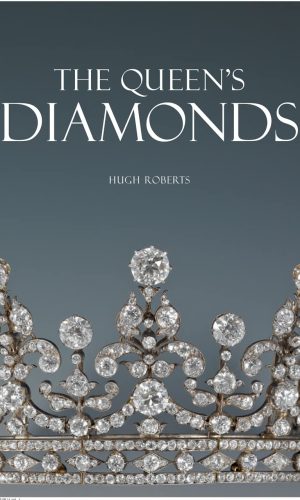
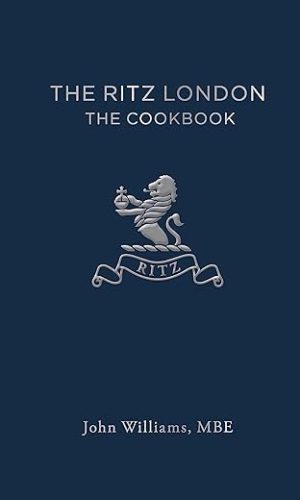


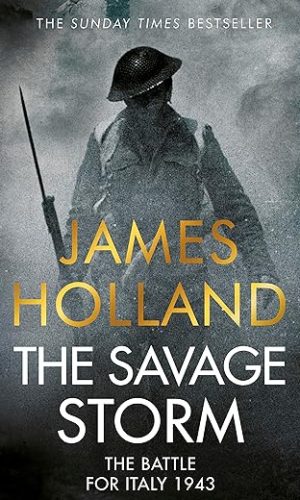

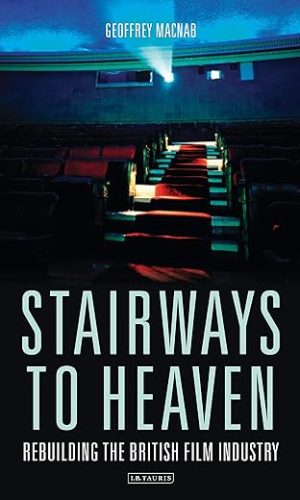
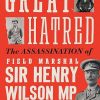
by michael ryan
well written
by Patrick W. E. Walker
Well written and researched, the story of the heroic police and vigilantes pursuit and apprehension of the murderers is thrilling, could have come directly from the pen of Conan Doyle, John Buchan or Douglas Duff (the latter also a hero in defeating the IRA). The account of the political reaction is also good. But the author’s politics sometimes bleed through. The old Irish Nationalist myth that the attacks on Nationalists/Catholics in Northern Ireland were some form of “pogrom” rather than the inevitable response to IRA atrocities is positively risible. Loyalist mobs outraged by the murders of their friends and family by Irish Republicans didn’t need a Field Marshall to organise them. Stranger still is the speculation that had Wilson lived he could have become some form of British dictator? Where exactly does THAT come from? Unless it’s just a ploy to grab headlines and sell more copies of the book? So all told not bad at all but needs a more neutral perspective.
by Pixie
I learnt much about the Irish Civil War and about Wilson as he was seen by them. Well written and a book that once I started I had to finish.
by Aidan J. McQuade
Great Hatred is a superb addition to the literature of the Irish revolution. Similar to Anita Anand’s, The Patient Assassin, McGreevy explores the lives of the killers and the killed. So Great Hatred provides a triple biography of Reggie Dunne, Joe O’Sullivan and their victim, Henry Wilson. The result is a book that is hugely illuminating on the conduct of the War of Independence in London and the experiences of the London Irish community during the First World War and in the fight for Irish freedom.
As Director of Intelligence of the IRA, Michael Collins had a central role in London operations, so he is also a major figure in this book. Collins was the last Dail representative for South Armagh an area placed by Partition in Northern Ireland. This is emblematic of the depth of Collins’ emotional commitment to the North, and in exploring this McGreevy seems to have found the key to the enduring mystery of who gave the order for Wilson’s killing.
Great Hatred is a fresh, elegantly written and wholly gripping work. It is one of the best books on the Irish Revolution in many years.
by S Riaz
I will openly admit that I knew virtually nothing about the historical events of this book before reading it, but author Roman McGreevy brings both the assassination, and the characters involved, to life so vividly that I feel saddened that I have finally come to the end.
On the 22nd of June 1922, the retired Field Marshall Sir Henry Wilson MP unveiled a WWI memorial at Liverpool Street Station. He had spent four years as the Chief of Imperial General Staff (CIGS) and, when he left the position, he was elected as MP for North Down in Northern Ireland. Ironically, Wilson was an Irishman who considered himself British, whilst his two assassins considered themselves Irish, but were not born there… In fact, Wilson objected strongly to the Anglo-Irish Treaty, negotiated with Sinn Fein in December 1921, seeing the Irish Free State as a betrayal and a surrender to the IRA.
Following the ceremony, on that day in 1922, Wilson had an appointment at the House of Commons and went home to change. He was met by Joe O’Sullivan, a clerk who had a wooden leg and Reginald ‘Reggie’ Dunne. Both were committed members of the IRA, and they assassinated Wilson as he arrived at his house.
This book follows the events of those day, gives a biography of the three men involved, and asks why the assassination was ordered, and by who, as well as looking at the ramifications of the murder and the aftermath. In fact, McGreevy compares this assassination to the shooting of Archduke Franz Ferdinand, suggesting that it changed Irish history and the Irish Civil War. Having read this, I agree that the events were momentous and feel McGreevy gives a balanced, but extremely gripping, account of what happened. I received a copy of this book from the publisher, via NetGalley, for review.
by Key Perspective
Excellent read, pacy and well written. Covers both sides of the event and wraps it around the wider narrative.
by sunlight
A very good book. Very fair and balanced account of Wilson’s background as well as the circumstances leading to his death. And equally fair on his assassins. A bit too long perhaps with some material that is only tangential to the main event, A very readable account of a forgotten event in British and Irish history.
by Ronan McGreevy
Updated version